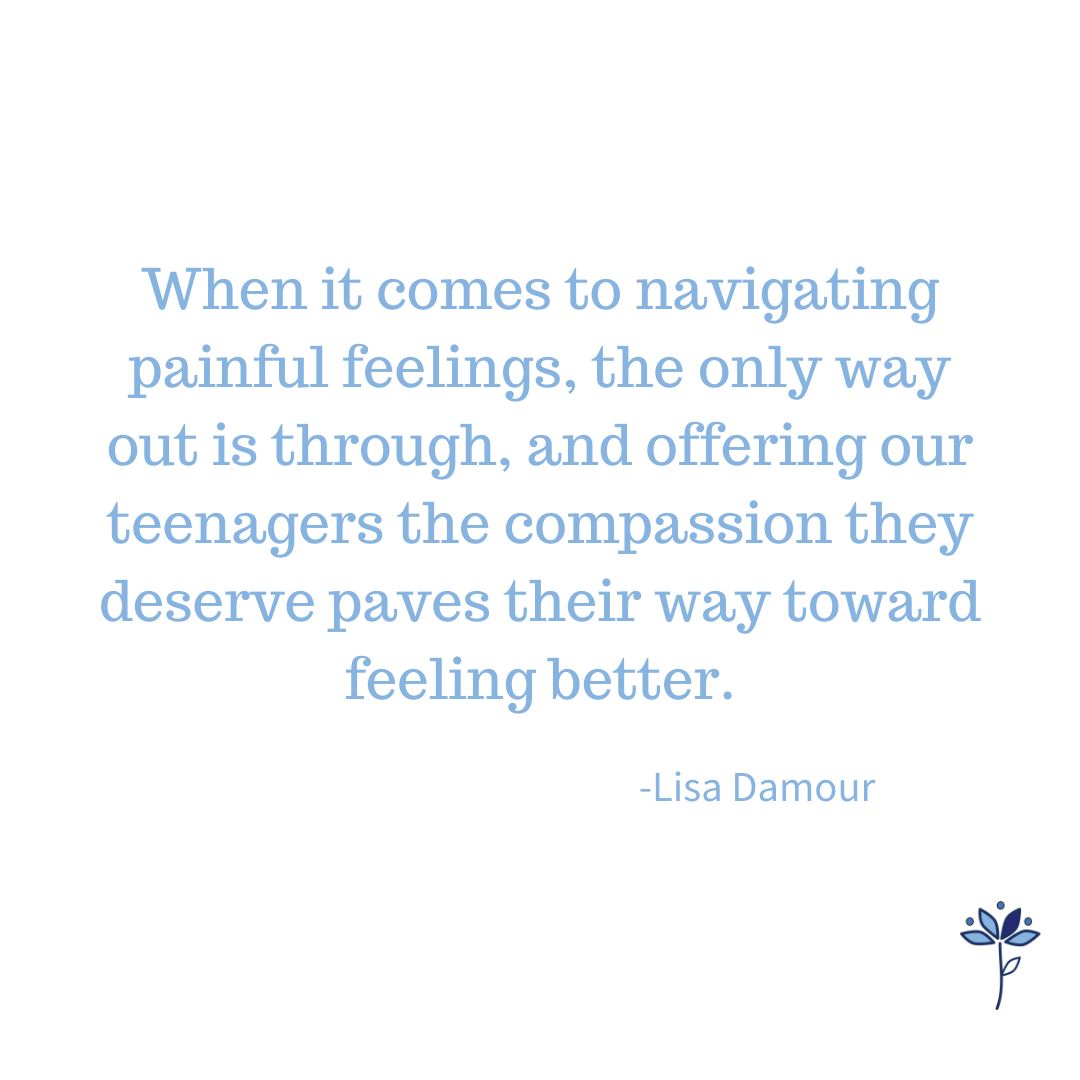Teens in Lockdown Recap

I recently listened in on a call between Tara Parker-Pope, editor of NY Times Well section, and Lisa Damour, psychologist and Times columnist, to discuss strategies for helping teens to cope during the lockdown. Here are some notes from the call in case you missed it.
Understanding the lack of motivation some teens are experiencing
- They don’t have their usual time pressures.
- They have all of this time back but they are not that busy. No more sense of urgency. I could do tomorrow or another day.
- Typically, this is not a high motivation time during the year.
- Feel better when they realize what they accomplished at the end of the day.
A lot of empathy is needed right now from parents.
How do you balance giving them tasks without nagging them, realizing the autonomy that they desire?
- Normal for them to be resistant.
- Teens always have two sides: 1) be lazy 2) side that is thoughtful, mature, invested in their own growth & development, philosophical.
- The side that you talk to is the side that you get. How do we want to handle this? Tap into the problem solving side of them.
What to say to a teen that is bored & doesn’t want to do anything you suggest?
Say: There are no great solutions right now. No magical answer. No silver bullet.
Whatever you come up is a far second to whatever you had planned. Come up with a better than nothing plan.
Understanding the loss they are experiencing
- This is the first big setback / trial for most of these teens. Very drastic.
- From life experience, we know that we often go through periods of time when we don’t see our friends often, and we understand that life ebbs and flows with this. Teens also don’t have the perspective that we have.
- So much of getting through the slog of high school is the stuff they get to look forward to like prom. It’s like a beacon on a hill so losing it is a big deal.
- Empathy is the word of the call. Be very kind to teens about how deeply frustrating this is. Nothing can quite take the place of it. Empathy helps. Say “this really stinks, but I don’t think this is going to change your life trajectory. You will get to the other side of this.”
- As bad as this is, it is a shared experience with all of your peers. Defining moment of their lives. Universal distress. Across the board people are dealing with emotional distress. Broad shared sadness and disruption and uncertainty.
Humans are built to withstand emotional discomfort.
- This could be a chance to revisit the question of where emotional distress fits into our lives. With our help & on their own, they can bear more than they thought they could. We can’t fix this yet young people are going to find their way through it.
- Psychological health is not about being free of emotional discomfort. It is having the right emotion at the right time. Learning to understand why we feel bad. This is taking us back to the basics of psychology.
- Humans are built to withstand emotional discomfort. We have emotional circuit breakers built in if it gets too great.
- We have a view in our culture is that emotions are like fire and have to put them out immediately. They are natural to being human. Humans are designed to withstand emotional distress. We don’t have to be afraid of these emotions and seeing our kids express them.
Opportunity to show our teens how to cope in a positive way.
- Extraordinary opportunity to show them how to cope. Think through the positive vs. negative coping mechanisms.
- Modeling positive copying mechanism:
- Finding emotional support that works for you, happy distraction, taking good care of yourself physically, be decent / gentle with each other.
- Those who emerge from this in a better place will have used positive coping vs. those who are worse off used negative coping strategies.
Talking to a teen about routines:
- We like routines & they are good for teens.
- Routines minimize decision making fatigue.
- Takes time to re-invent them
- Routines can be gentler right now, more flexible.
- Appreciate the good things that this new routine has brought - Life is easier in that there is no commute, wearing PJs all day, etc. Be glad about these things.
When a teen resists all ideas for boredom:
- This is an example of “externalization” - they make us feel their feelings. Teen wants to make the parent feel helpless.
- Show empathy, naming the feeling. Then they feel heard.
- If still resistant, don’t take the bait. Say, “I’m happy to come up with 40 more ideas, but seems like you don’t need my help. I know you can come up with some good ones.”
Getting them on a better sleep schedule:
- Totally fine if their sleep schedule has adjusted.
- Not good if they flip their sleep schedules to be up all night & sleep all day. Takes away from participating in family life, helping around the house.
- If up all night, there is no supervision.
- It may be that they need more privacy. Give them time to be “off the clock” from parenting during waking hours. Parent stays out of their business during this time.
Real value in having them participate in family life & help with chores.
Body of research that shows kids under terrible conditions come out in tact or thriving when they feel useful & purposeful. Important that we give kids things to do to be productive. Good for them under chronic stress conditions.
Get them to interact socially with friends
- Are they comfortable not being connected to friends?
- It is OK to have 1 or 2 friends that they check in with each week.
- More of a concern if they have no friends.
Anxiety & depression
- Normal teens are all over the map.
- Depression - We worry about kids that just stay down. Time to seek help.
- Anxiety is expected right now. If anxiety seems out of proportion, then seek help.
- Get telehealth consult.
Limiting screen time?
- Lay out the “no go” like during dinner, or during school work
- May be looser than you were before.
- Focus more on sleep, socialization, family time. Don’t let technology get in the way of those.
How do we prepare kids for future disappointment - missing summer camp, summer trips, school in fall?
- Better to prepare them. People do better this way.
- If it doesn’t happen, we will find something else. We’ll be really creative and find a good way to make something happen.
Here is an article that Damour wrote recently that also summarizes this info: Quaranteenagers: Strategies for Parenting in Close Quarters









Leave a comment